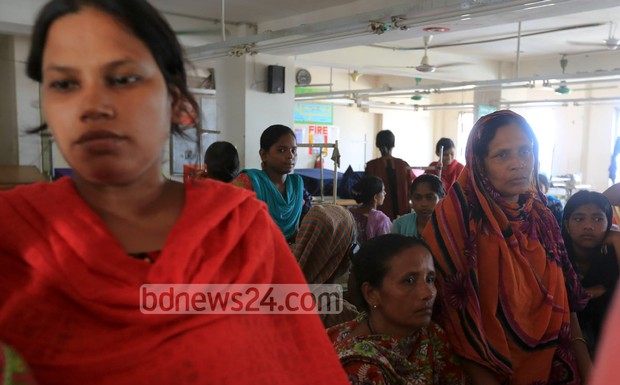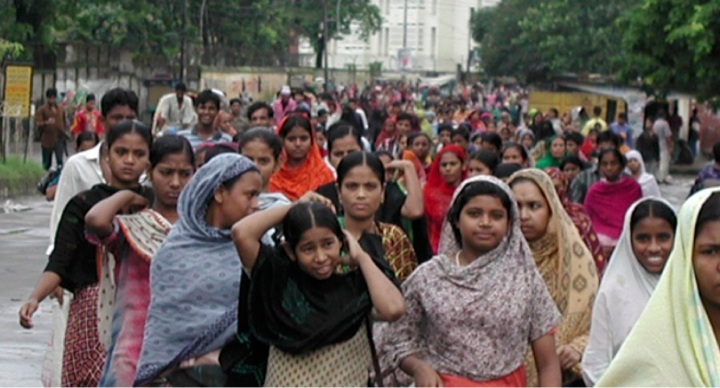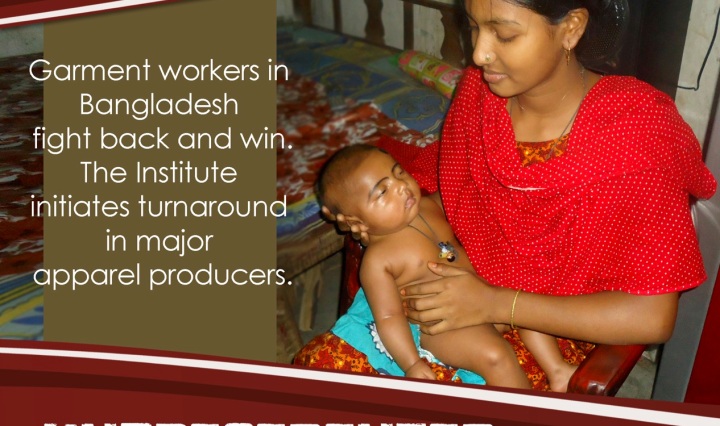Ever since I had taken admission to the university, I could feel dozens of eyes were following me. Be it while I walk down the corridors of the university library, or loitering around the faculty buildings. The eyes were gazing at me with an expression that they found something peculiar.
Many of the girls, of course Bengali, said they have nearly same experience for being a girl. But, my experience was totally different from them. ‘Hey, it’s a girl! and it’s a hilly chick!!,’ whispered the eyes among themselves. Moments after, the eyes get voices in commanding physiques. And the sentence remain almost the same to each of the voices, ‘I want to be a friend of yours. Cause I am very much interested about “upajatis”.’
Continue reading “The male gaze: ‘Hey, it’s a girl! and it’s a hilly chick!!’”


































